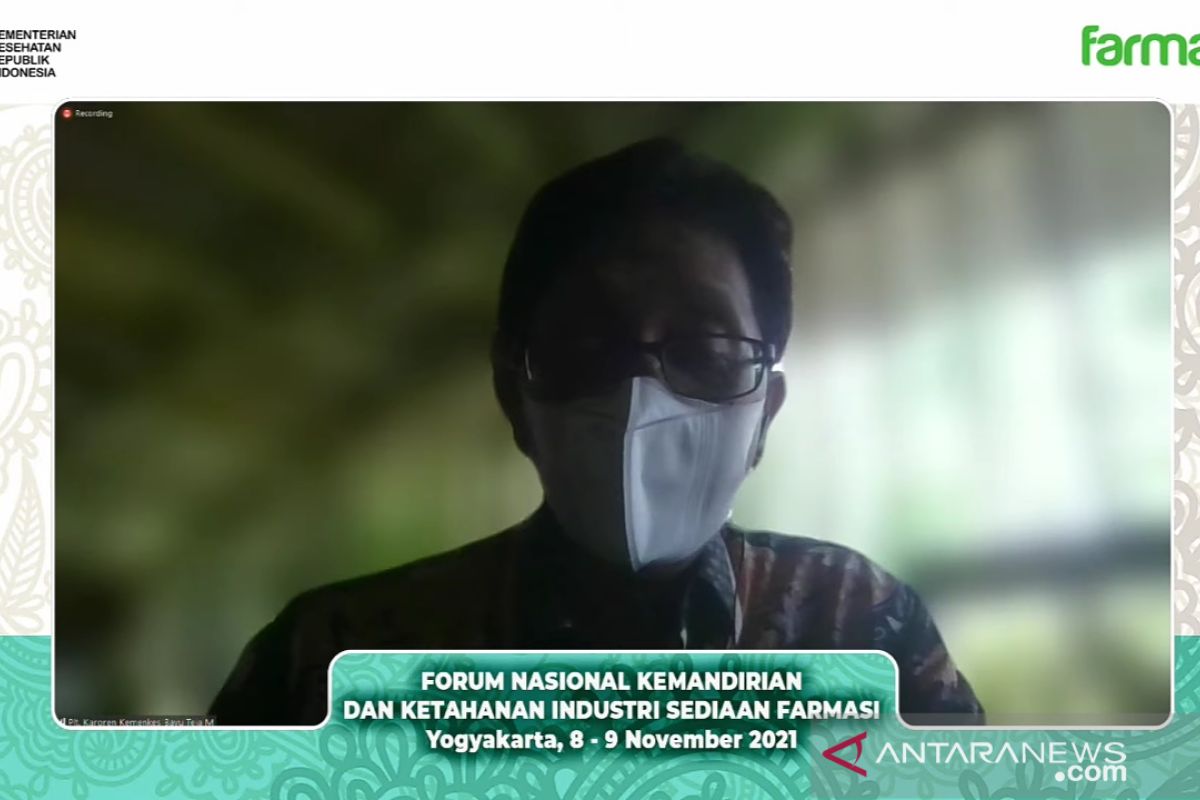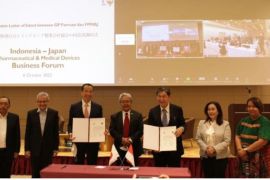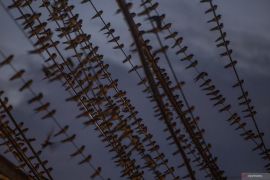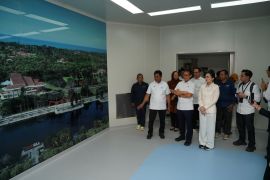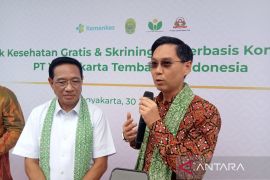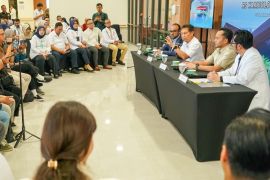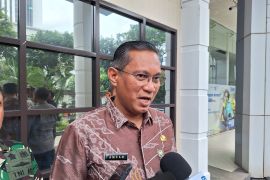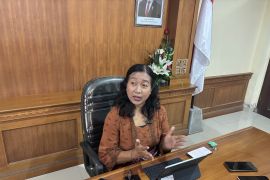"This budget is split for several priority activities, namely production of health devices, medicinal raw materials (BBO), medicines, traditional medicines, and domestic vaccines," he informed at an event observed from here on Tuesday.
The government has allocated Rp85 billion for designing domestic health device production regulations and fulfilling the need for 10 most-demanded health devices, based on value and volume, through domestic production, he said.
The budget will also be used to conduct research and clinical trials for domestic health devices and monitor the quality of domestic health devices, he added.
Meanwhile, the ministry has allocated Rp162 billion for the production of domestic medicinal raw materials, medicines, and traditional medicines through the formulation of domestic BBO, medicine, and traditional medicine regulations, Muliawan said.
The allocation of Rp162 billion will also be used to fulfill the need for 10 most-demanded medicine molecules through domestic production, meet the requirement of 40 essential medicines, conduct research and clinical trials, and produce phytopharmaca, he disclosed.
The ministry has also set aside Rp147.5 billion to formulate domestic vaccine regulations, fulfill the requirement of 14 routine vaccines and COVID-19 vaccines through domestic production, and carry out research and clinical trials for domestic vaccines, he said.
According to Muliawan, the domestic pharmacy industry should be encouraged to become more independent so that medicines, especially essential ones, in basic health services can continue to be provided.
"If we are not independent, this indicator may not be met. For instance, a shortage of amoxicillin in one district can cause an uproar. To this end, pharmacy independence has become important," he explained.
Currently, pharmacy and health device industry independence is still encountering problems concerning the quality of primary services, he pointed out.
These problems comprise inadequate human resources, low quality of services, inadequate stocks of medicines and health devices, and deficient public health center (puskesmas) budgets, he said.
In connection with inadequate human resources, Muliawan drew attention to how in 2019, around 50 percent of puskesmas in Maluku and Papua did not have a doctor, 60 percent of puskesmas did not have laboratory facilities, and 33 percent of puskesmas did not have a pharmacist.
Related news: Parliament contemplates creating omnibus law for health sector
Related news: Legislator calls on government to reform pharmacy waste management
Related news: TKDN for pharmaceutical industry to be increased to 55 percent
Translator: Sanya Dinda, Fadhli Ruhman
Editor: Sri Haryati
Copyright © ANTARA 2021
